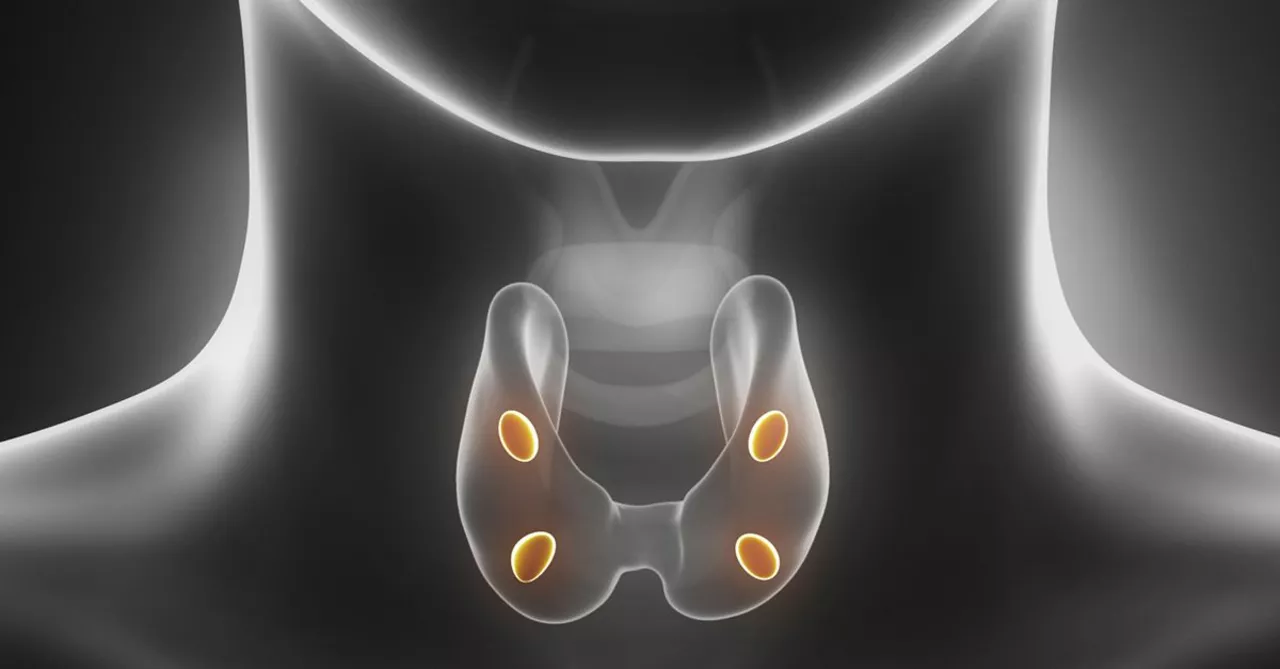Understanding Hypoparathyroidism: Signs, Causes & Care
If you’ve ever heard the term “hypoparathyroidism” and felt confused, you’re not alone. It simply means your parathyroid glands aren’t making enough hormone to keep calcium levels steady. Low calcium can make muscles twitch, cause tingling in fingertips, or even lead to cramps that won’t quit. The good news? Knowing the basics helps you spot problems early and take action before they get serious.
What Causes Low Parathyroid Hormone?
The most common trigger is surgery on the neck. When doctors remove thyroid tissue, they can accidentally damage or remove part of the parathyroids. Autoimmune attacks are another culprit—your body mistakenly attacks its own glands. Rare genetic conditions also play a role, especially in younger people who develop symptoms early in life. In some cases, low magnesium levels or vitamin D deficiency can mimic hypoparathyroidism, so doctors often check those first.
Symptoms usually show up weeks to months after the trigger. You might feel numbness around your mouth, hear a metallic taste, or notice muscle cramps at night. Some people get dry skin or brittle nails because calcium helps keep those healthy. If the condition is severe, it can affect heart rhythm, which is why prompt diagnosis matters.
Managing Hypoparathyroidism: Treatment Tips
The cornerstone of treatment is calcium supplementation. Most patients take oral calcium carbonate or citrate several times a day, paired with active vitamin D (like calcitriol) to help the gut absorb it. Your doctor will check blood levels regularly and adjust doses so you stay in the sweet spot—enough calcium to feel good but not too high to cause kidney stones.
Beyond pills, lifestyle tweaks make a difference. Eat calcium‑rich foods such as dairy, leafy greens, and fortified plant milks. Keep vitamin D levels up with safe sun exposure or a supplement if you live far from the equator. Stay hydrated; drinking enough water helps your kidneys flush excess minerals.
If oral meds aren’t enough, some clinics offer synthetic parathyroid hormone injections. These mimic the natural hormone and can smooth out spikes in calcium levels. Surgery to re‑implant a removed gland is another option, but it’s rare and only for specific cases.
Regular check‑ups are key. Blood tests every few months let you and your doctor fine‑tune doses. Watch for signs of too much calcium—like increased thirst, frequent urination, or stomach pain—and call your pharmacist if anything feels off.
Living with hypoparathyroidism isn’t a life sentence. With the right meds, diet, and monitoring, most people lead normal lives. Keep an eye on symptoms, stick to your supplement schedule, and don’t hesitate to ask your doctor about newer treatments if you need them.
How Alfacalcidol Helps in the Management of Hypoparathyroidism
As a blogger, I have recently discovered the importance of Alfacalcidol in managing Hypoparathyroidism, a condition where the body produces insufficient parathyroid hormone. Alfacalcidol, a type of Vitamin D, helps our body absorb calcium effectively, which is crucial for maintaining healthy bones and teeth. Furthermore, it assists in regulating the calcium and phosphorus levels in our blood, thereby managing Hypoparathyroidism symptoms. I've found that many patients with this condition have experienced significant improvements in their symptoms after starting Alfacalcidol treatment. So, if you or someone you know suffers from Hypoparathyroidism, it's definitely worth considering Alfacalcidol as a part of the management plan.
